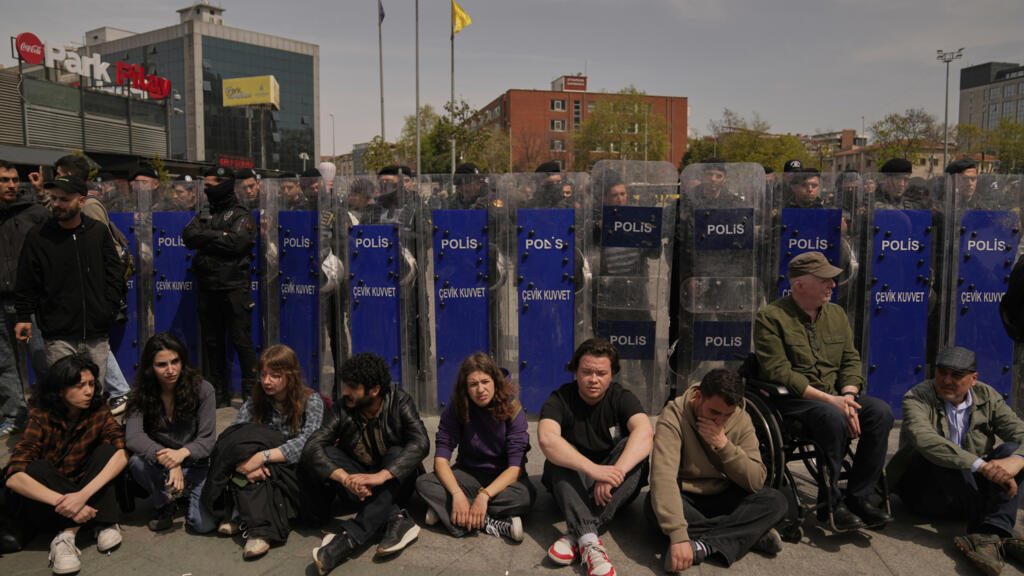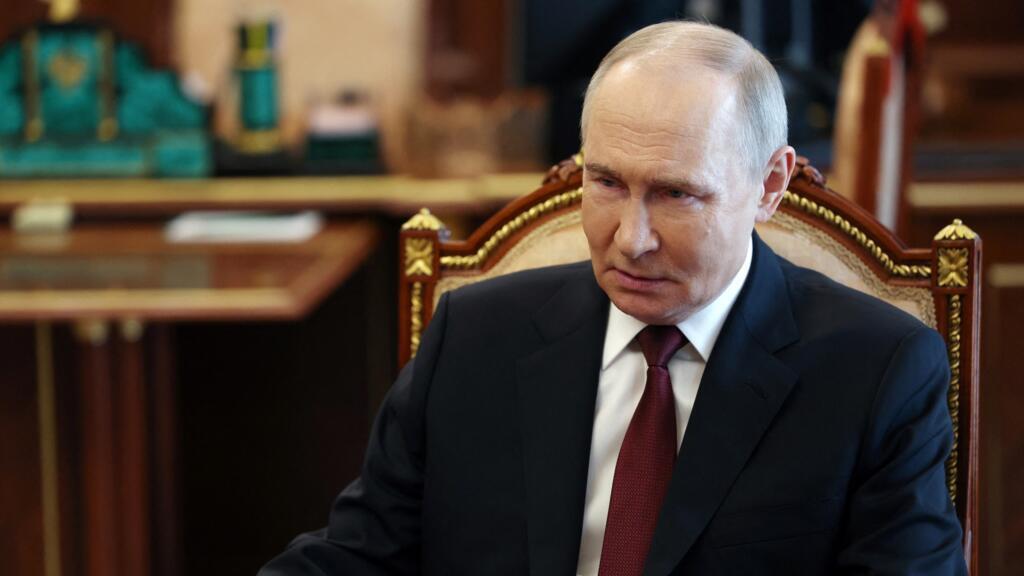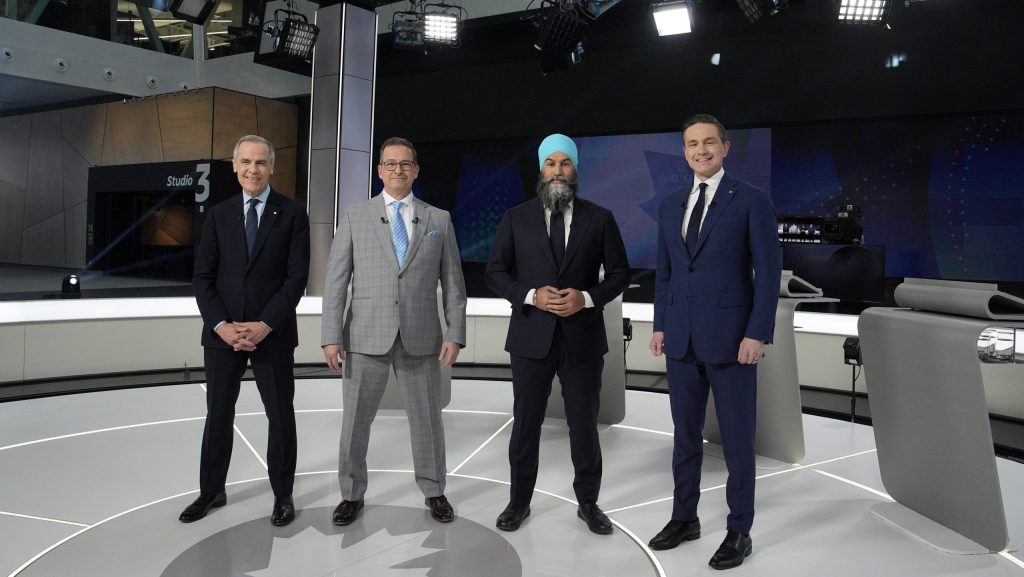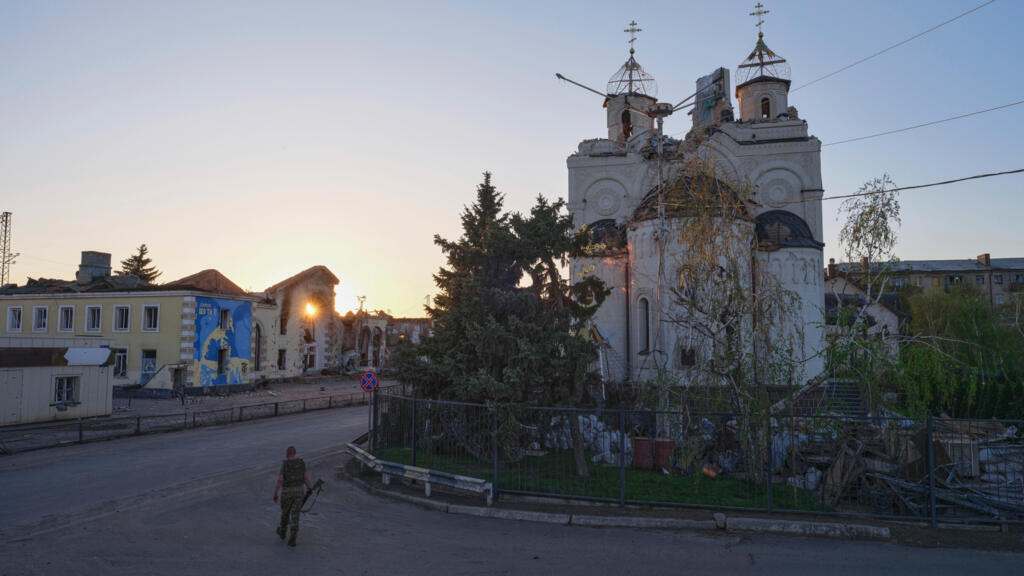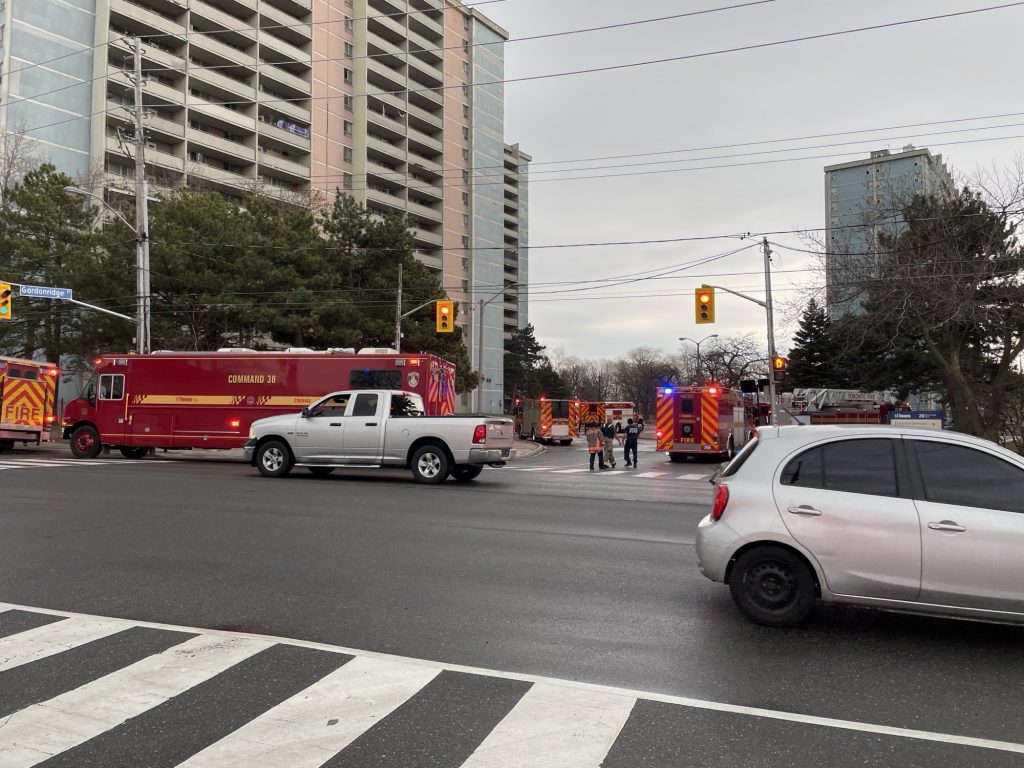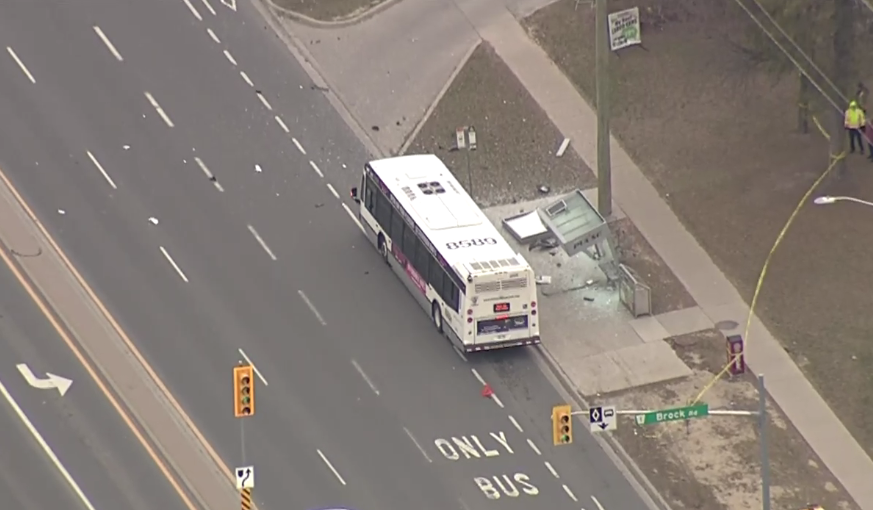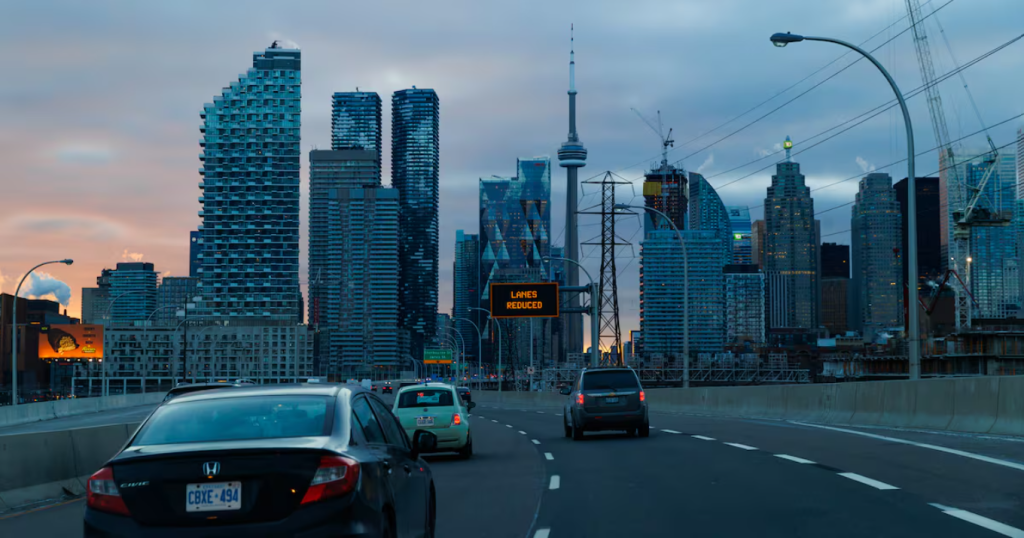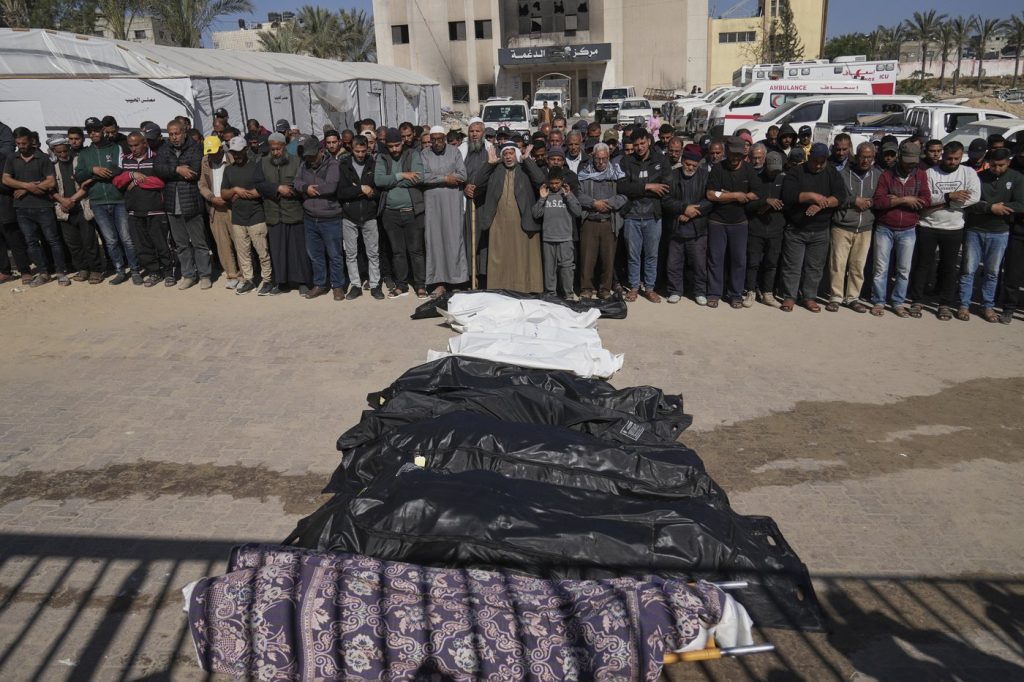On Friday, nearly 200 individuals were put on trial in Istanbul as part of a government crackdown on protests that erupted in response to the recent detention of Ekrem Imamoglu, the mayor of Istanbul. The protests began after Imamoglu was arrested on March 19, igniting outrage among his supporters and the broader public. His role as President Recep Tayyip Erdogan's most significant political rival has made him a focal point of contention in Turkish politics, highlighting the ongoing tensions between the government and dissenting voices.
Among those being tried are several students and journalists, who have been accused of participating in the protests against Imamoglu's arrest. The government's actions have drawn criticism from various human rights organizations and media watchdogs, who argue that the crackdown reflects a troubling trend of increasing authoritarianism in Turkey. The arrests of journalists particularly raise concerns about freedom of the press in the country, which has seen a decline in journalistic independence over recent years.
The trial is set against a backdrop of escalating political tensions in Turkey, where Erdogan's administration has faced growing criticism for its handling of dissent and political opposition. The government has often justified its actions by citing national security concerns, but many in the public view the crackdown as an attempt to silence opposition voices and stifle democratic freedoms. This is particularly relevant in the context of the upcoming elections, where Imamoglu's influence poses a significant challenge to Erdogan's continued hold on power.
Ekrem Imamoglu, who gained prominence after winning the Istanbul mayoral elections in 2019, has been a constant thorn in the side of Erdogan's ruling Justice and Development Party (AKP). His popularity among the electorate has been largely attributed to his focus on issues like climate change, urban development, and social justice. The March 19 arrest and subsequent jailing of Imamoglu have raised alarms about the integrity of Turkey's political landscape, with many citizens fearing a direct threat to democratic processes.
As the trials proceed, the international community is watching closely, with calls for the immediate release of those detained. The protests are not just about Imamoglu; they represent a broader discontent with the political system in Turkey, where many citizens feel their voices are increasingly marginalized. The judiciary's role in these proceedings is also under scrutiny, as allegations of politicization and lack of due process have emerged.
The fallout from the crackdown could have far-reaching implications for Turkey's political future. As demonstrations continue, the government faces a delicate balancing act between enforcing order and addressing the legitimate grievances of its populace. The outcome of these trials may well shape the political landscape leading into future elections and define the relationship between the state and civil society in Turkey.
In summary, the trials of nearly 200 detainees in Istanbul are emblematic of the larger political strife within Turkey, where dissent is met with heavy-handed measures by the government. The impact of Ekrem Imamoglu's arrest and the subsequent protests resonate deeply within the political fabric of the nation, shining light on the urgent need for democratic reforms and greater respect for human rights.


